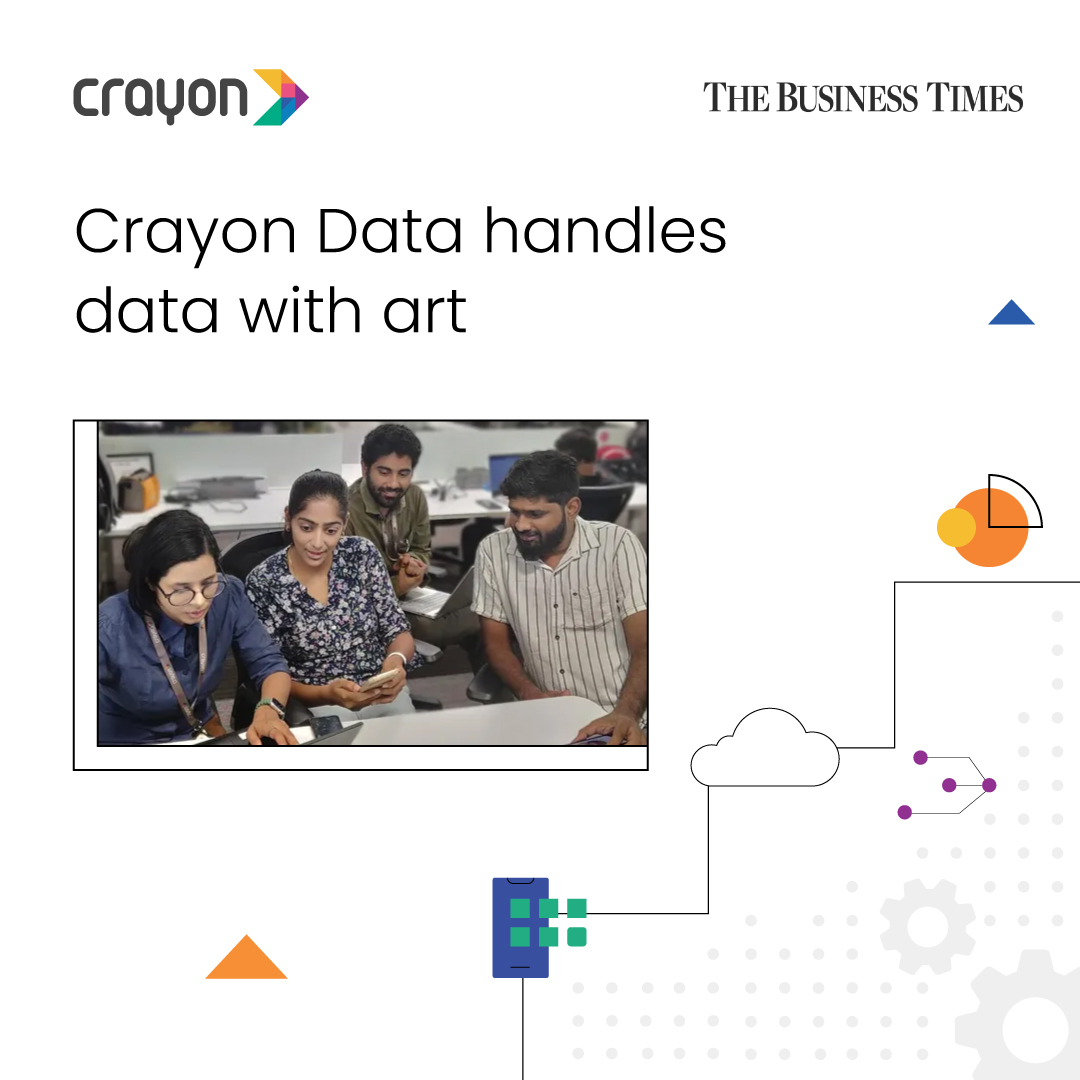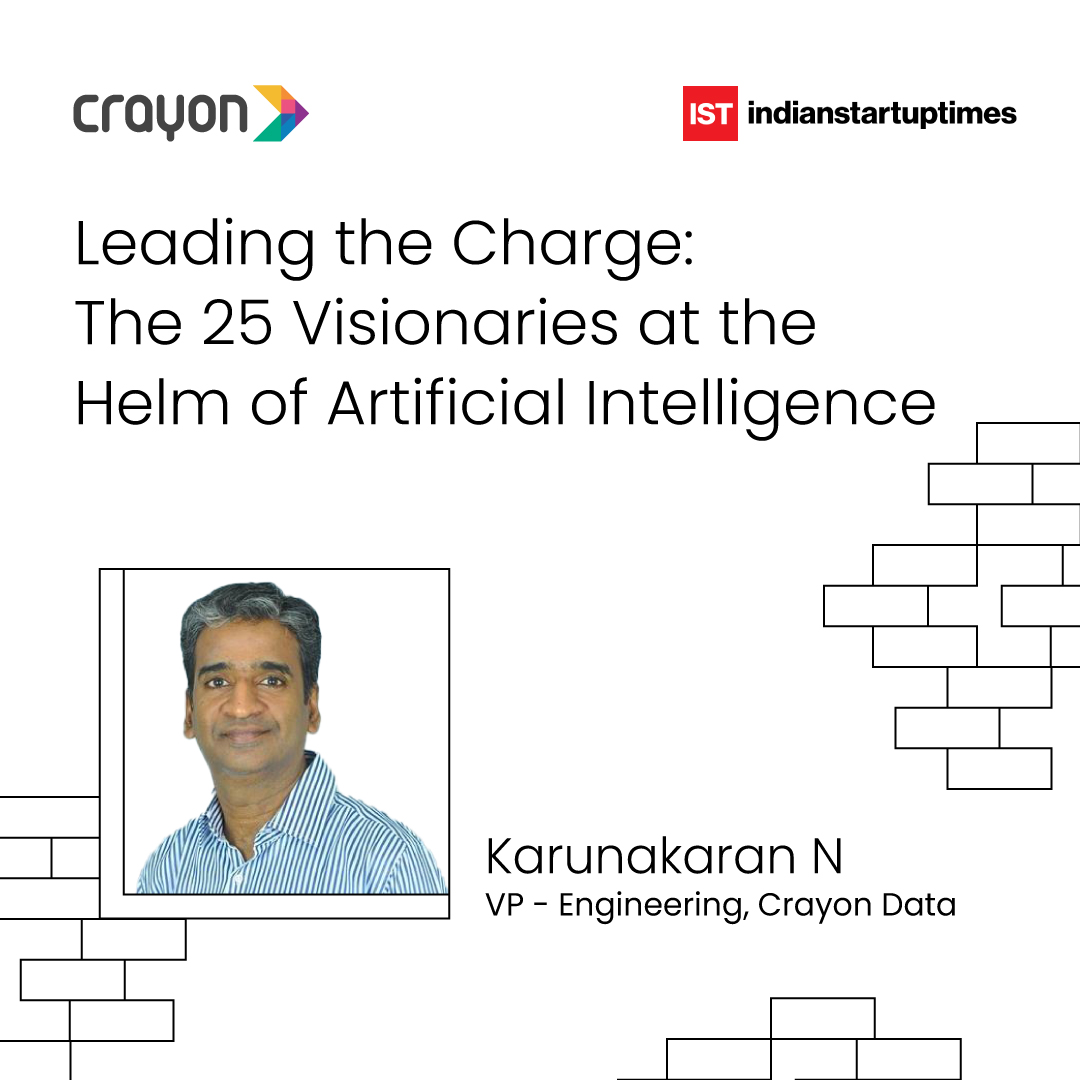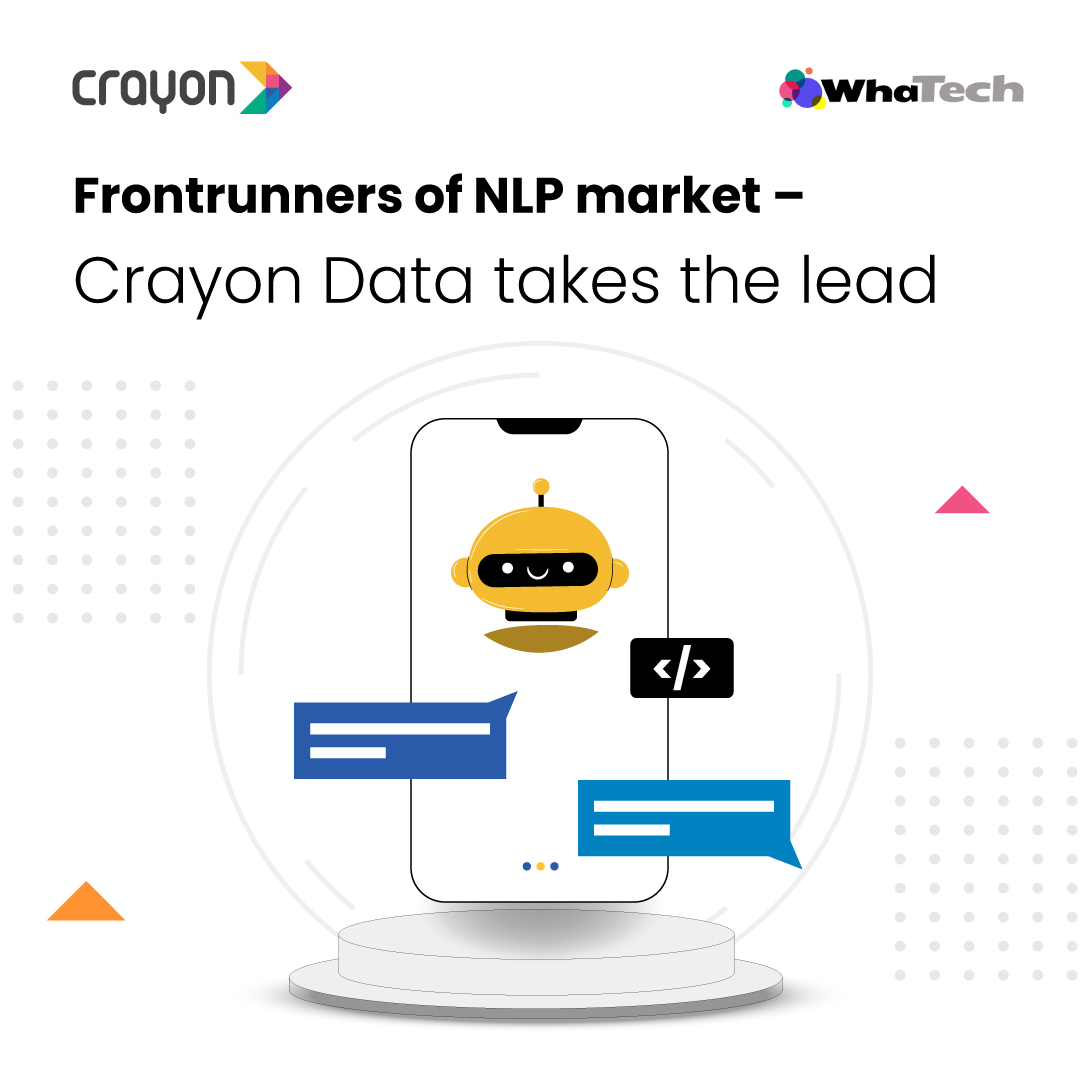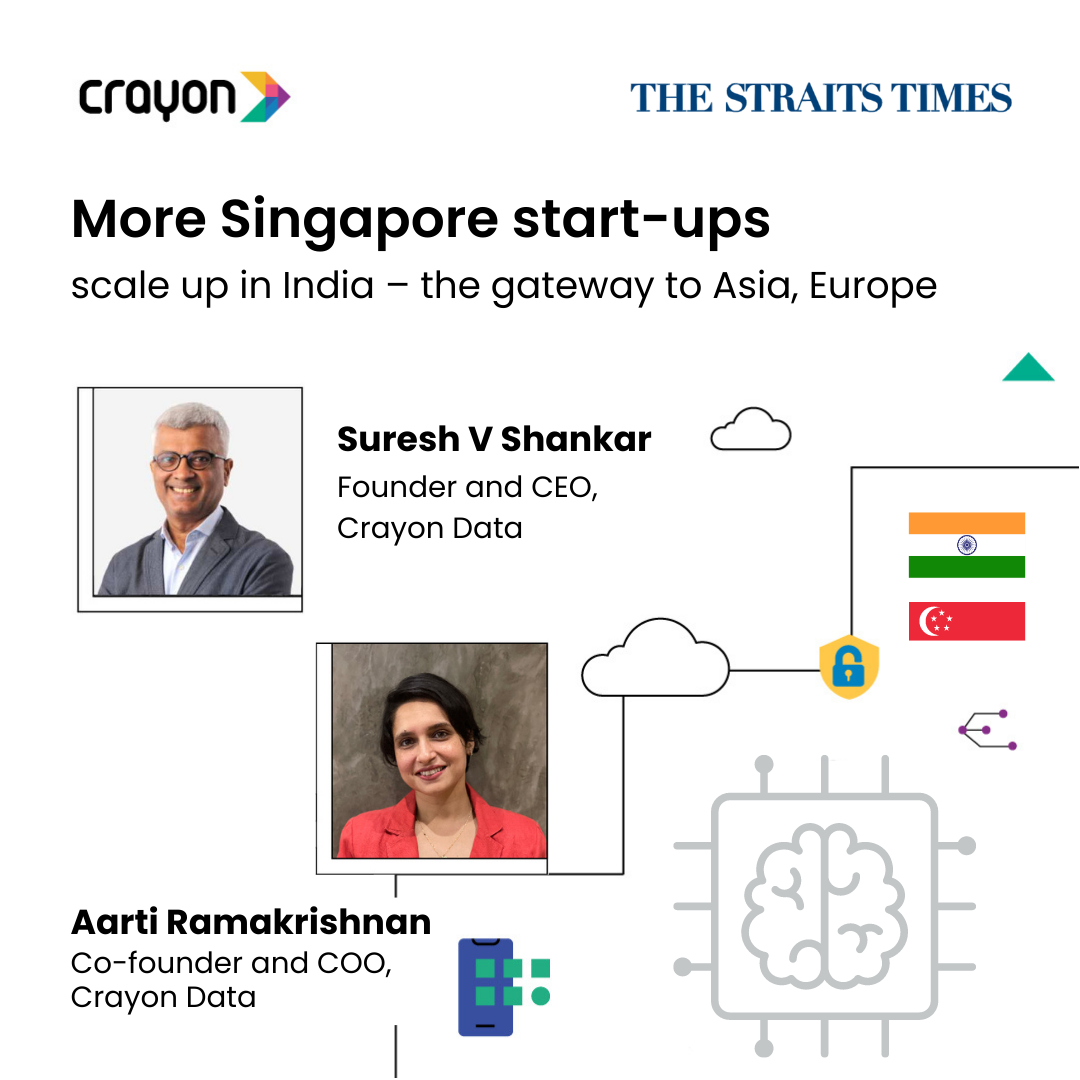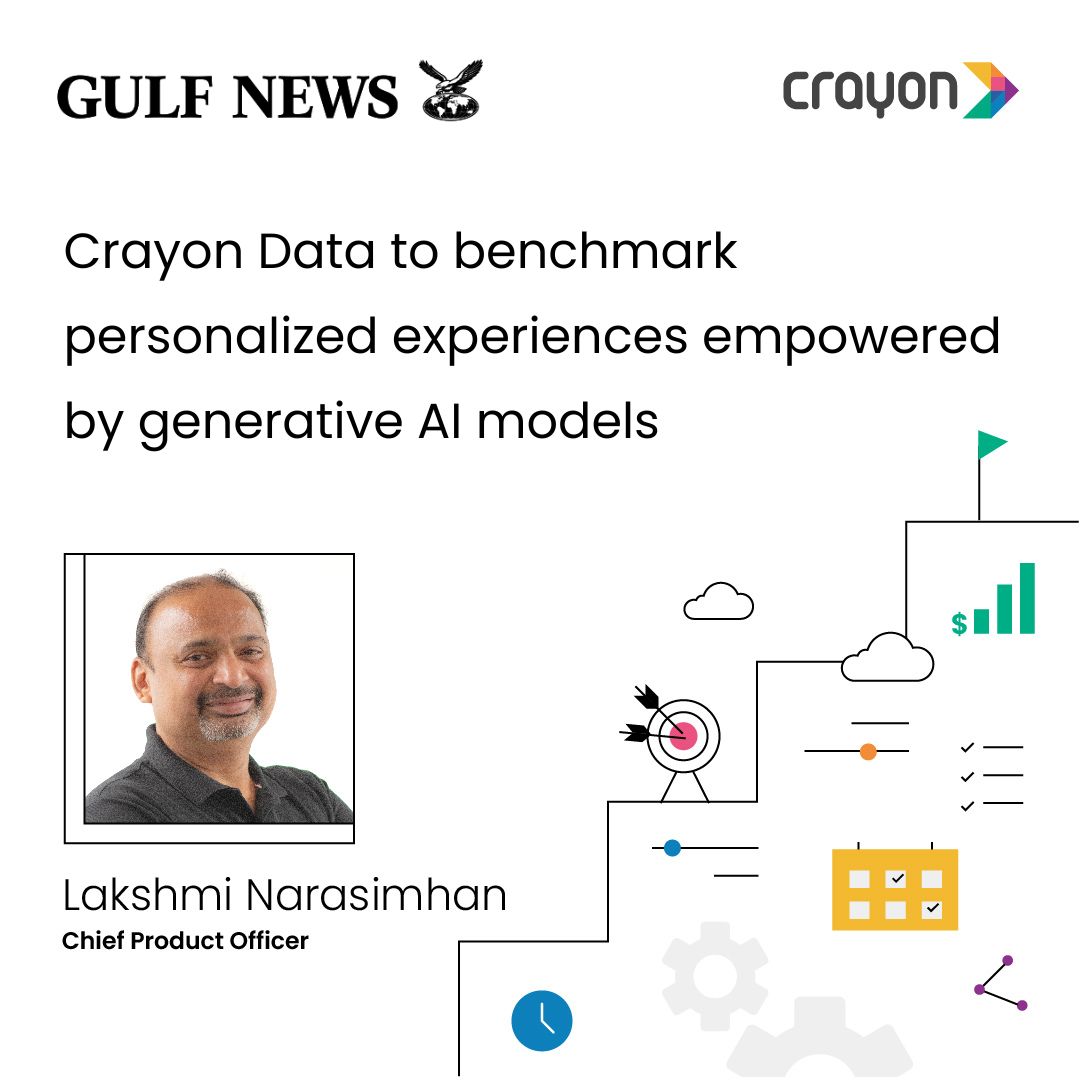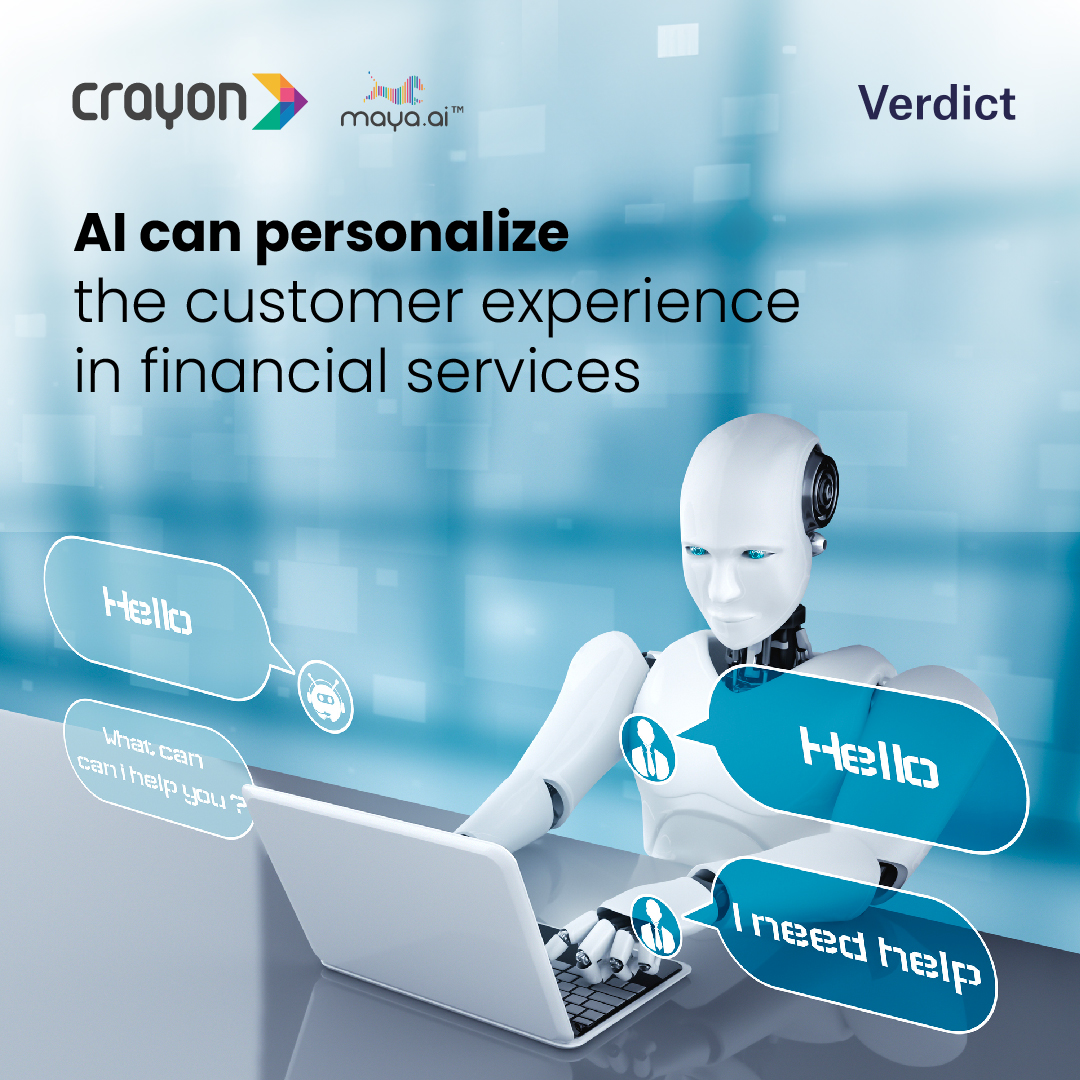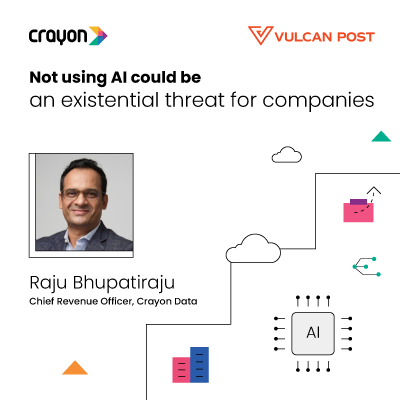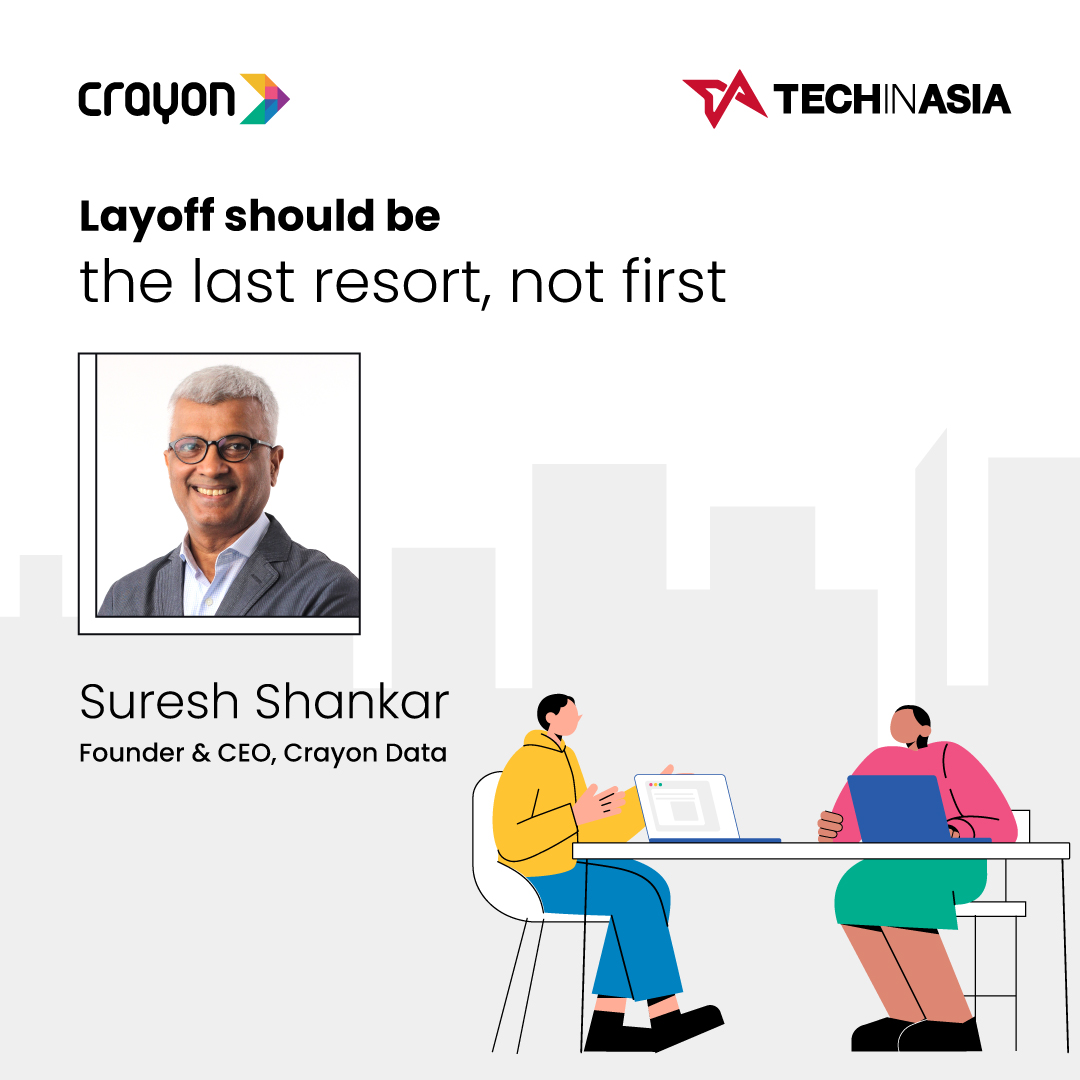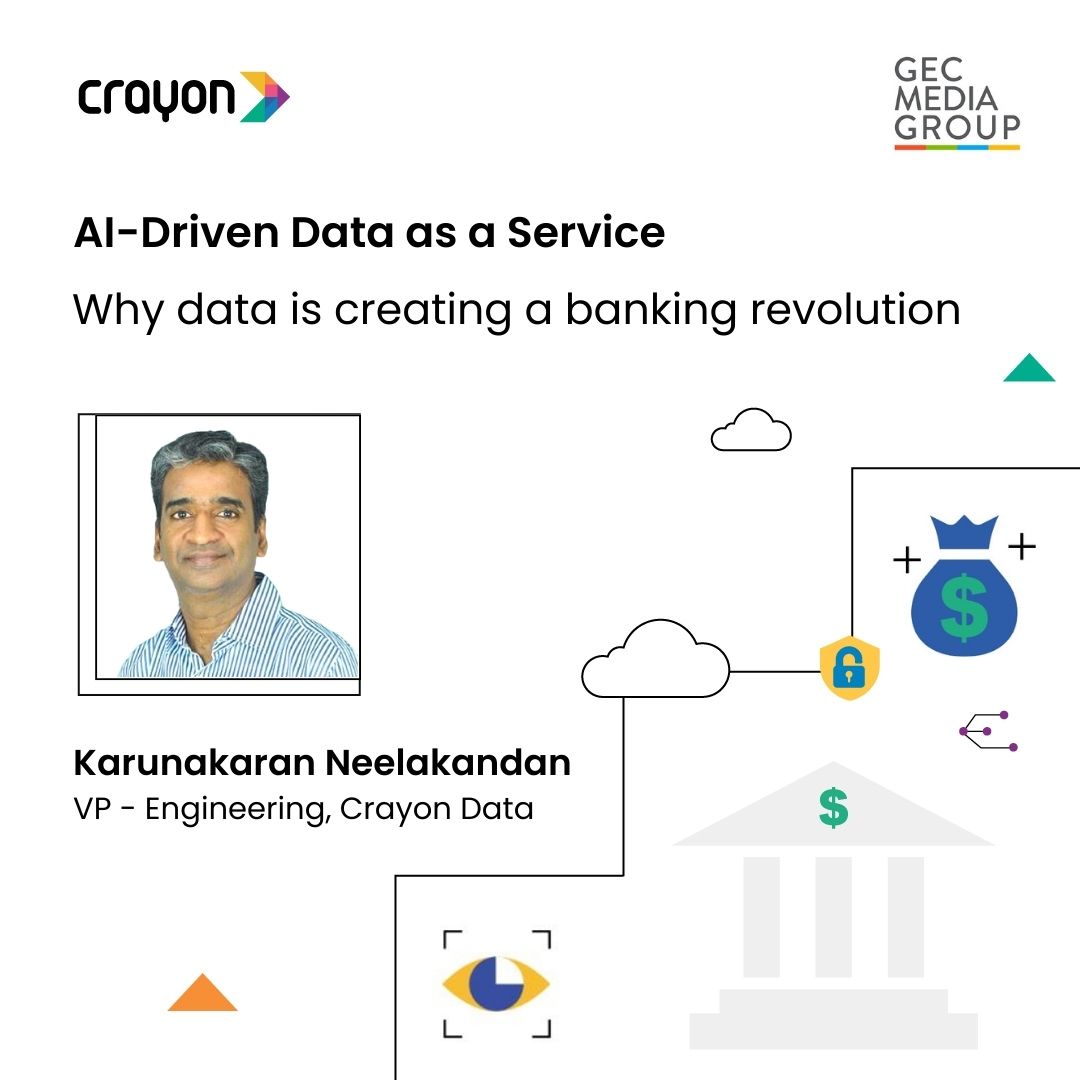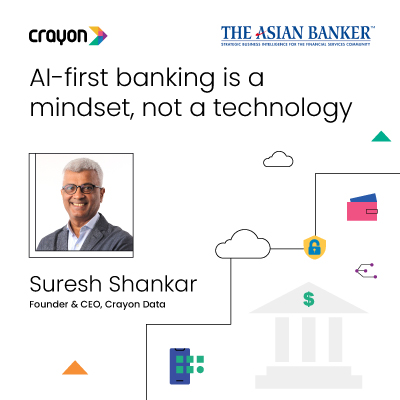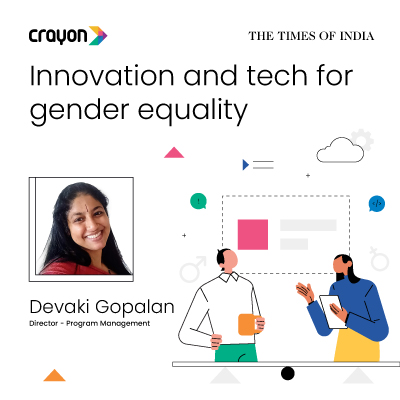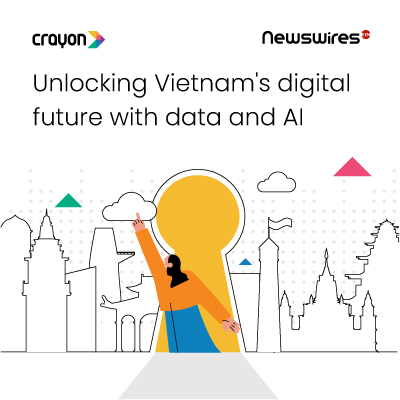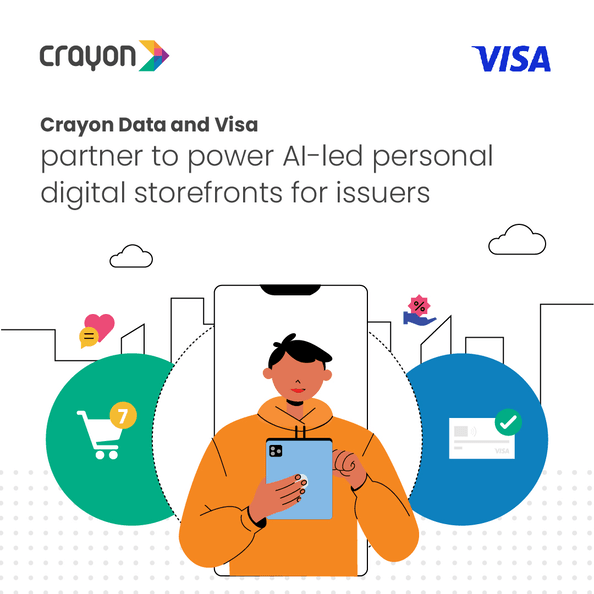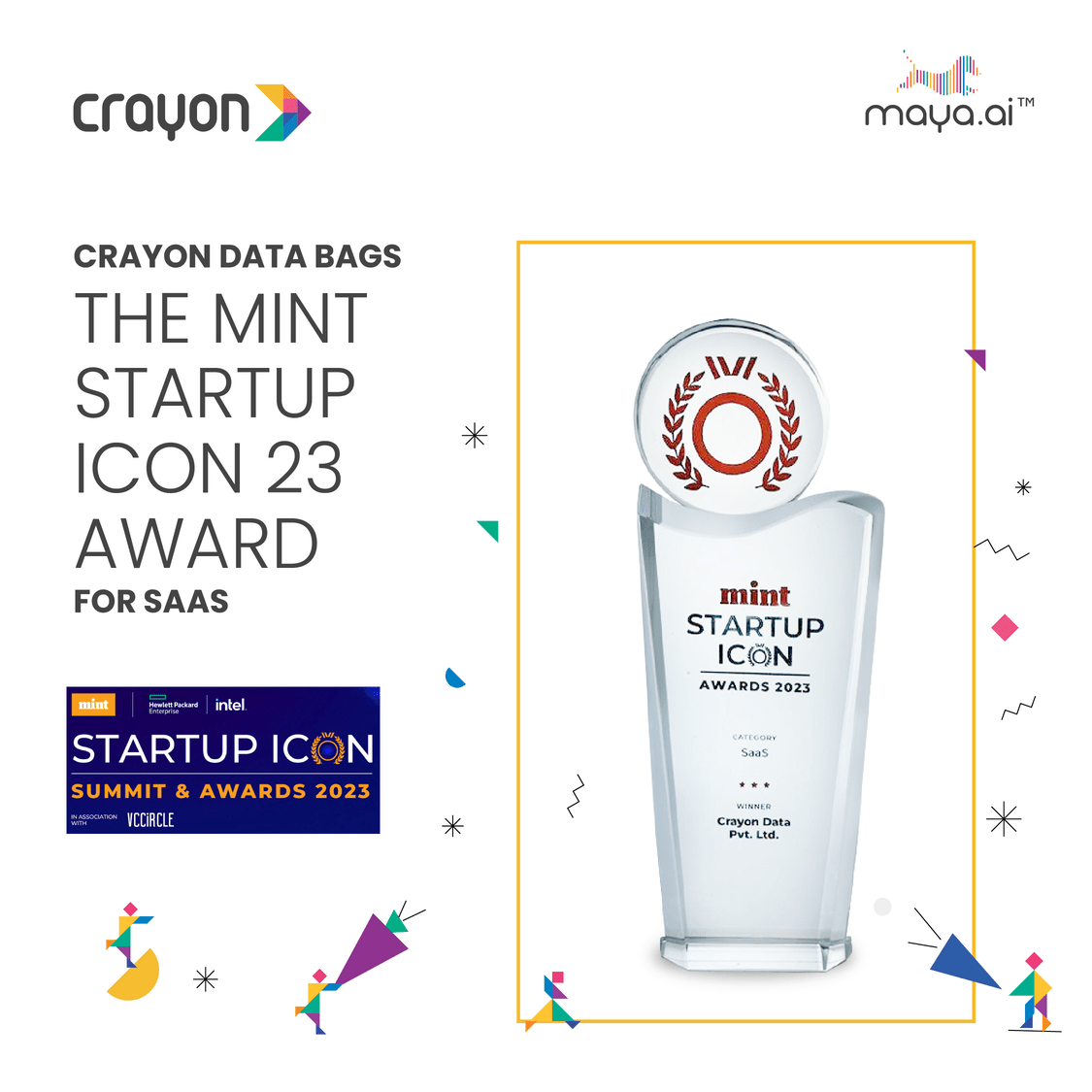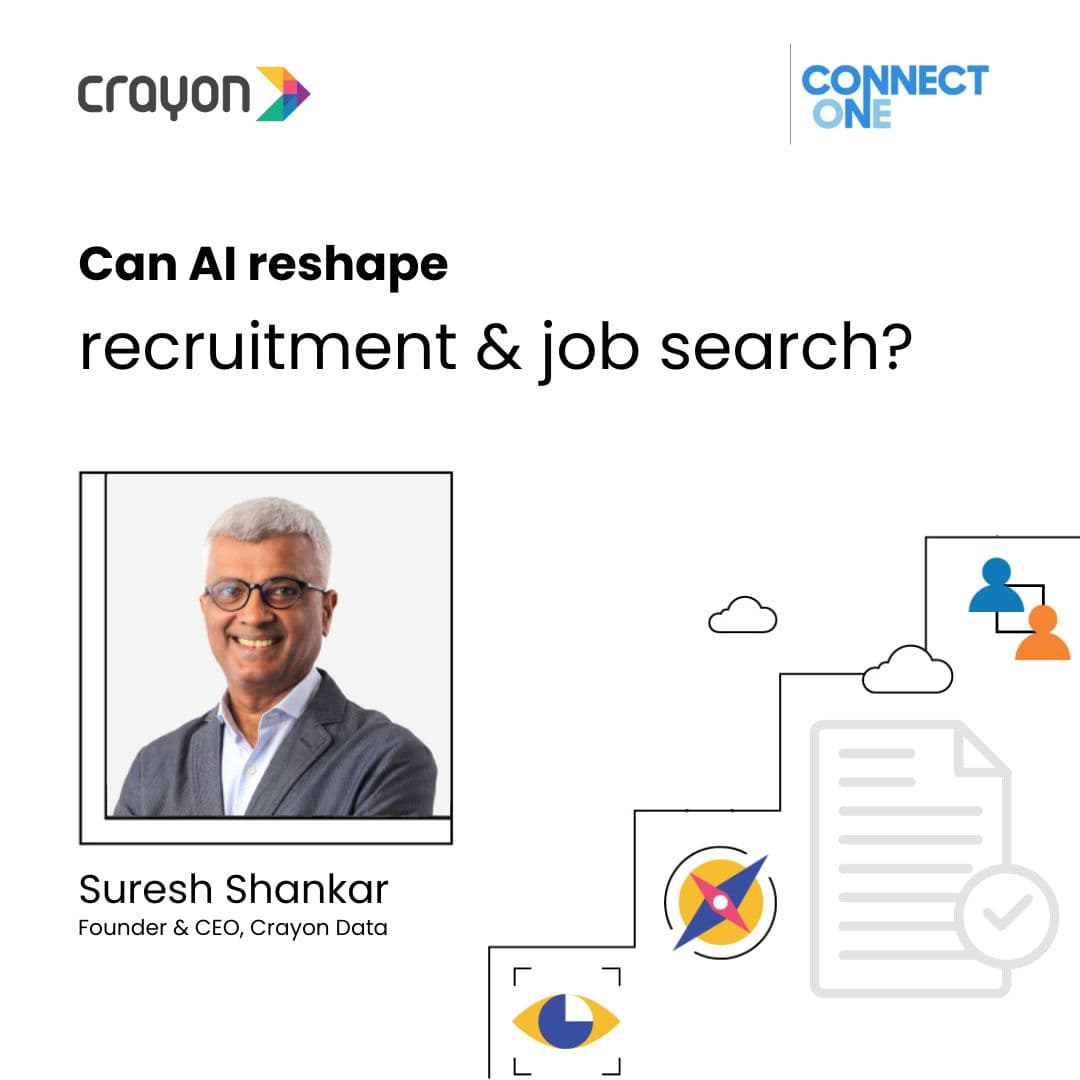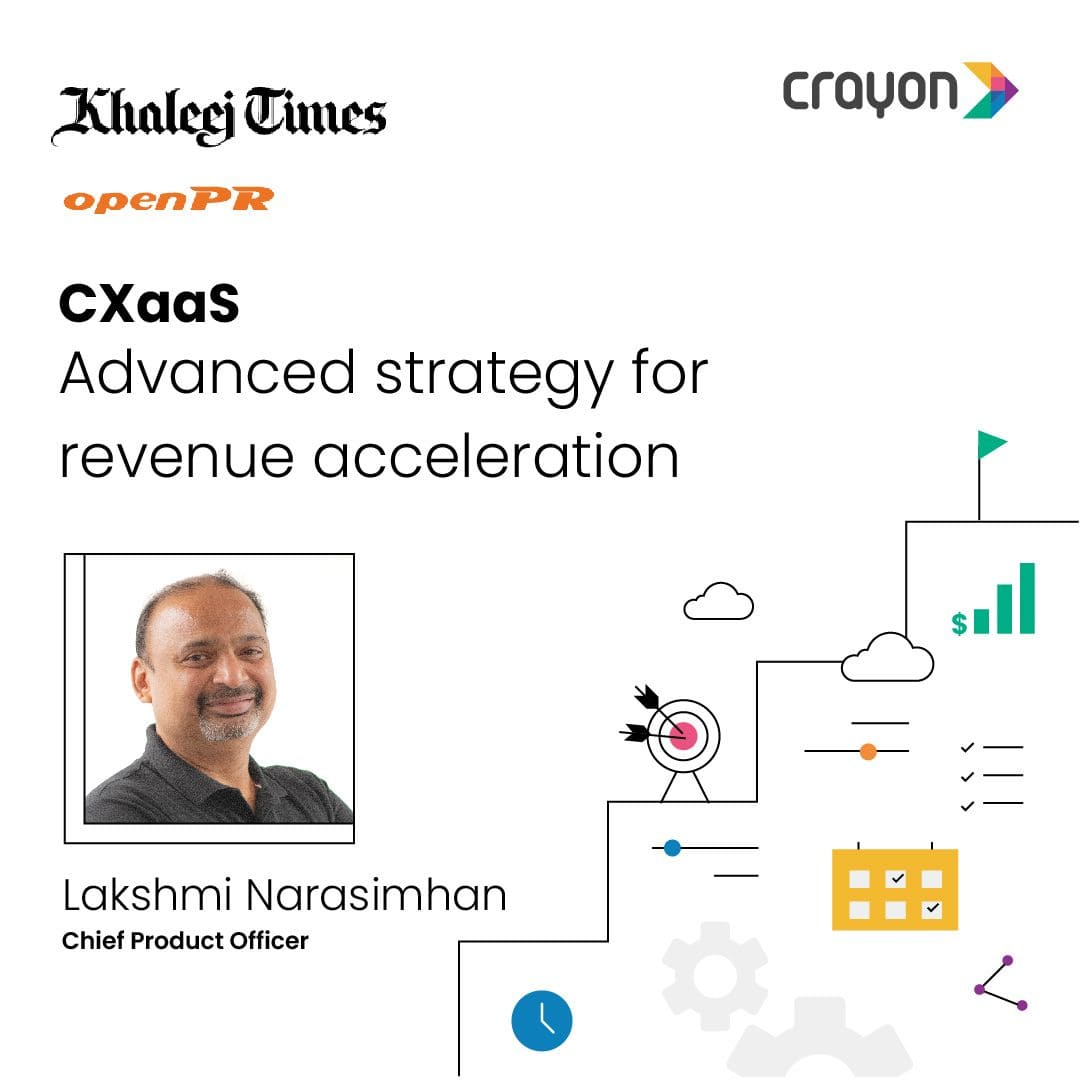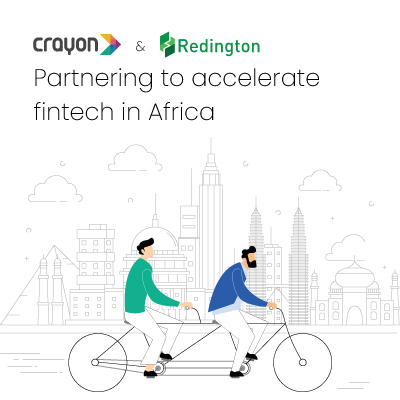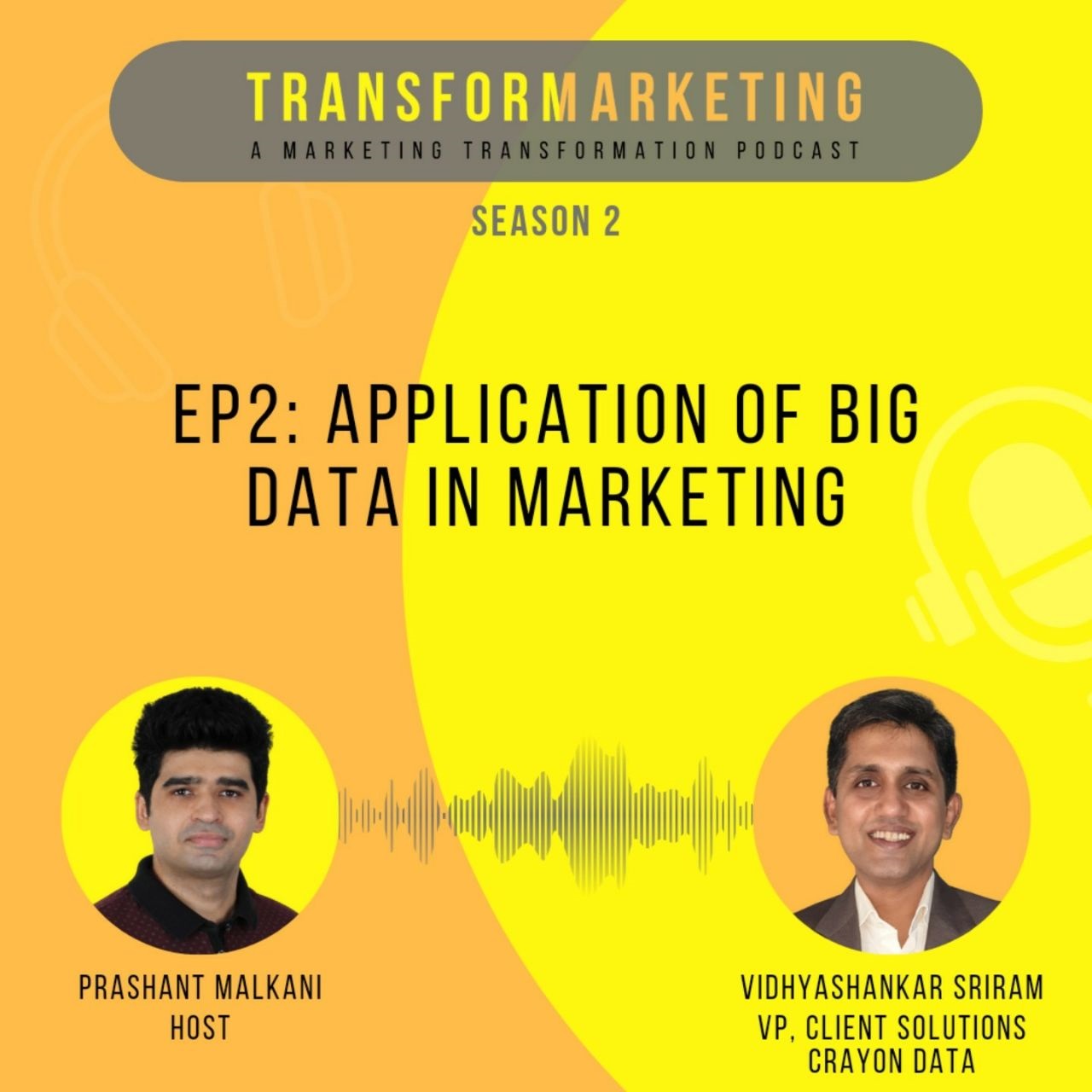Appeared on hospitalitybizindia.com
Data has become an integral part of our society today. Widespread use of the Internet, social media, location-based services and multimedia are contributing to the ever-growing data explosion that is generating information about people, their preferences, likes and so much more. Such vast amounts of data have created new opportunities for industries to better understand their customers, and to provide personalized services based on their preferences.
One such industry that is looking to make the most out of these vast amounts of data is the hospitality industry. In the past, hospitality and technology have never complemented each other because the hospitality players have always been concerned about tangible things. They preferred to spend their time and resources on defined areas of operations such as to improve the ambience of a place, widen the choice of menus and enhance the quality of service delivery, instead of focusing on technology and big data. As a result, the gap between what the industry offers and what customers want widened. Hence, players in the hospitality industry were left with inefficient businesses and low profitability levels due to this lack of understanding of customers’ likes and preferences.
To overcome these problems, the hospitality sector began to adopt technology, specifically big data, in a profound way. Big data is all about identifying the patterns and relationships that exist between data to identify future trends and changing preferences of customers. With these insights, companies can customise their existing products or add new ones to meet these customer expectations, that in turn will fuel demand, and will lead to increased profits.
Specifically, Big data can be used in the following ways to enhance customer satisfaction, and to improve the overall efficiency and profitability of businesses.
Personalised Experience
Big data has the potential to give customers a personalized travel experience every time. When a business knows what a particular customer wants, it can make changes to its services accordingly. For example, if a restaurant business knows what a regular customer wants based on his or her past eating patterns and social media updates, then it can provide such menu choices. This information will come handy especially when the customers have diet specifications such as vegan or kosher.
Such a strategy will prove to be economically beneficial for the company in many ways. Firstly, the customer is sure to come back to the business again because he or she was satisfied with the service. Secondly, and more importantly, this customer is likely to recommend this place to friends and family members. This recommendation will bring in more customers without the company spending any money on marketing or advertisement.
Creating the Right Products and Services
Big data can provide a better sense of direction for companies with respect to their products and services. They will be in a better position than before to know which products will be a hit, so that they can plan their operations accordingly. For example, it is not hard to predict that people will drink beer or eat ice-cream on a hot day, but it will help to know what beers and what flavors of ice-cream they would like, so that the business can stock the right kind in adequate quantities. This information is what big data can give to companies. On a broader level, big data helps to maximize tactical brand decisions and gives greater control to tourism companies.
Competitive Advantage
Big data is likely to become a key factor for helping companies to gain a competitive advantage. In this sense, big data tools will be the key differentiators because all companies, whether they are new or experienced, will have access to the same amount of data. Hence, the company that can innovate and capture the deepest insights will score over others.
Another area that big data can help is pricing. Companies will be able to foresee trends and adjust their prices accordingly to make their services more attractive to customers. A case in point is the cost of rentals. When a boat rental company, for example, knows that more people are going to travel to its city in summer, the rate that is affordable for most travelers, the prices of its competitors and the estimated demand for its products, they can set a price that is attractive to customers and at the same time, is profitable for the company. It also gives the business a competitive advantage because its pricing decision is backed by relevant data that can predict consumer behavior with a greater level of accuracy than ever before.
Cautious Approach
Despite the benefits that come with using big data, there continues to be some gray areas that companies should watch over. Firstly, over-personalisation can backfire because it will be seen as an intrusion to privacy by some people. Hence, companies should use big data to offer a personalised experience, but should not over do it. For example, a journalist who boarded a transatlantic aircraft found much to her surprise, two other journalists who were heading to the same conference in her adjacent seats. Using big data, the aircraft engineered the seating arrangements to give all the three passengers an opportunity to know each other before the conference. On the other hand, a restaurant waiter brought in a complementary drink as soon as a regular customer walked in. Menu choices were also suggested based on the customers’ past orders. While these gestures would be appreciated by some, it would be seen as a heavy hand by others, especially by people who had planned to try out new items this time.
Secondly, big data by itself is of little use unless companies use it in an innovative manner to improve their business offerings. It is this innovation that gives a competitive advantage and makes a product or service more attractive to users.
Lastly, businesses should have the right big data tools to make the most out of it. Real-time analysis and deep insights that will offer new patterns are essential to truly harness its benefits.
In short, Big data is having a profound positive impact on the hospitality industry by offering new patterns and insights that were hitherto not available. With this new information, businesses are in a better position to provide customised service, enhance customer satisfaction, increase operational efficiency and gain competitive advantage, all of which eventually lead to higher profits for businesses. However, there are some areas that need caution, especially in terms of privacy and intrusion to customers. When these areas are addressed, Big data becomes a game -changer for both businesses and travellers.
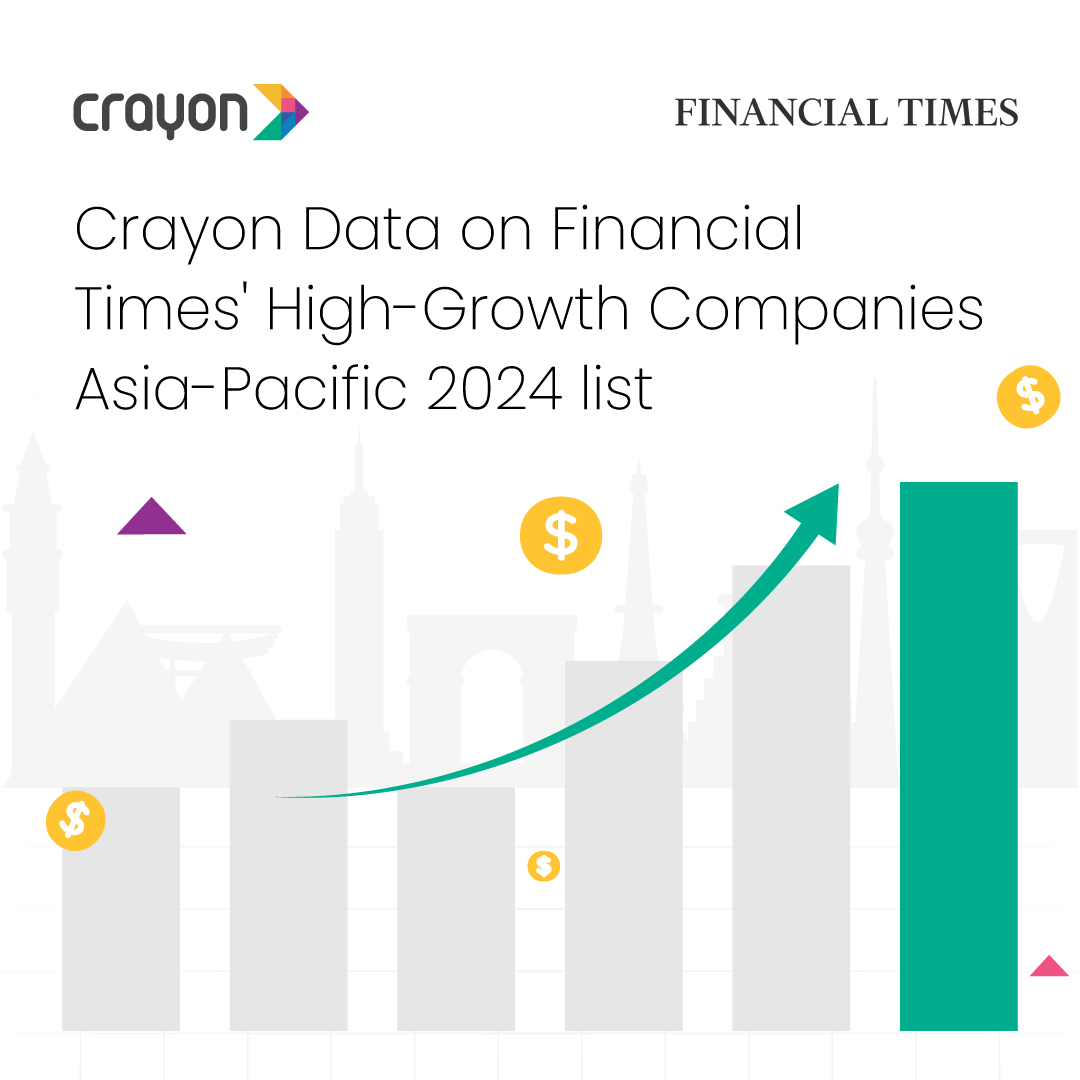
Crayon Data on Financial Times ‘ High-Growth Companies Asia-Pacific 2024 list
Date:...

